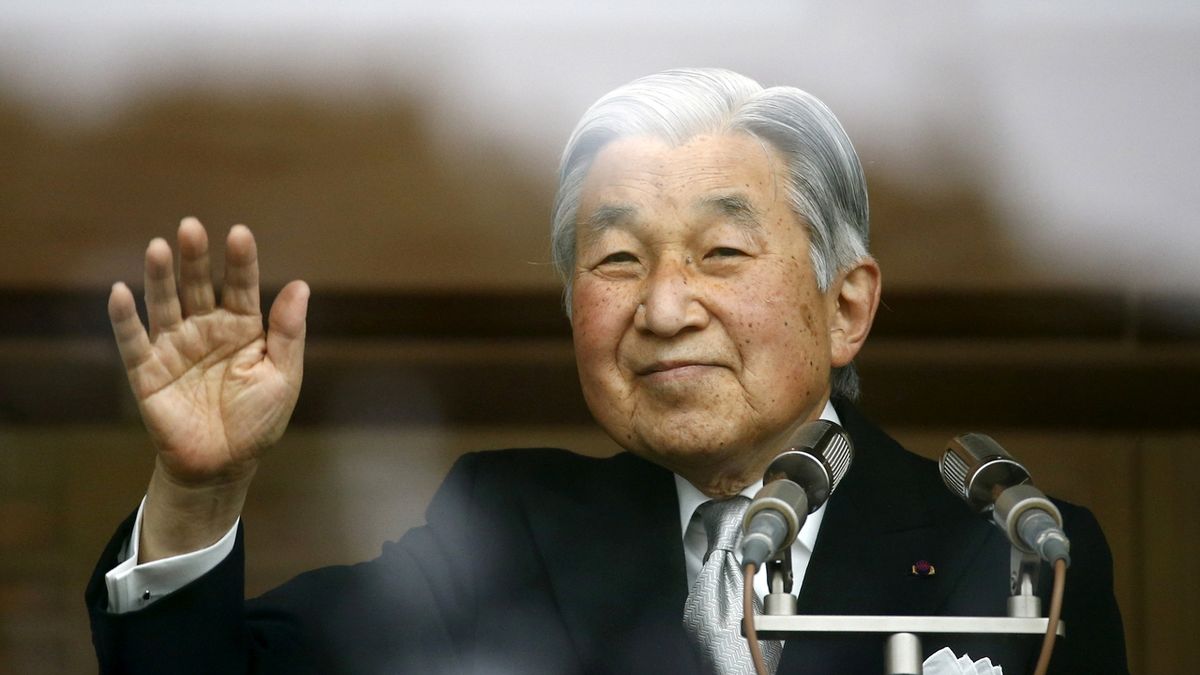In a pre-recorded ten-minute speech, the 82-year-old king expressed his hope that the duties related to the empire would be handed over smoothly, without unnecessary obstacles. “I am concerned about the difficulties associated with carrying out my functions as a symbol of the state.”
Japanese law does not recognize abdication, so the law needed to be changed to carry out the Emperor’s wishes. According to the BBC, Prime Minister Shinzo Abe has announced that his cabinet will deal with this issue intensively.
According to him, guardianship is a consideration, namely a situation where the emperor will entrust the government to someone. However, Akihito will officially remain emperor until his death.
Photo: Kim Kyung-hoon, Reuters
The Japanese watched the emperor’s speech
Progressive King
The Emperor of Japan has been on the throne since his father Hirohito died in 1989. As Japan’s first king, he is not considered a living god, but his people respect him as much as his ancestors. He was also the first Japanese monarch to make an official trip abroad. In the summer of 2002, together with his wife, Empress Mičiko, he also visited Prague, where he met then-Czech President Václav Havel, ČTK said.
In recent years, the emperor’s illness has caused concern among Japanese society – in 2003 he was treated for prostate cancer, five years later he was plagued by problems related to excessive stress, including an irregular heartbeat and stomach bleeding. In 2012, Emperor Akihito underwent heart surgery.
Both the Japanese public and the world praised him for distancing himself from the aggressive nationalism that Japan built before and during World War II, the BBC recalled.
Moreover, in 2011, when the country was devastated by an earthquake and subsequent tsunami, Akihito decided to take an unusual step – he addressed citizens via live broadcast on television to encourage them at the time of the natural disaster.

“Certified bacon geek. Evil social media fanatic. Music practitioner. Communicator.”







